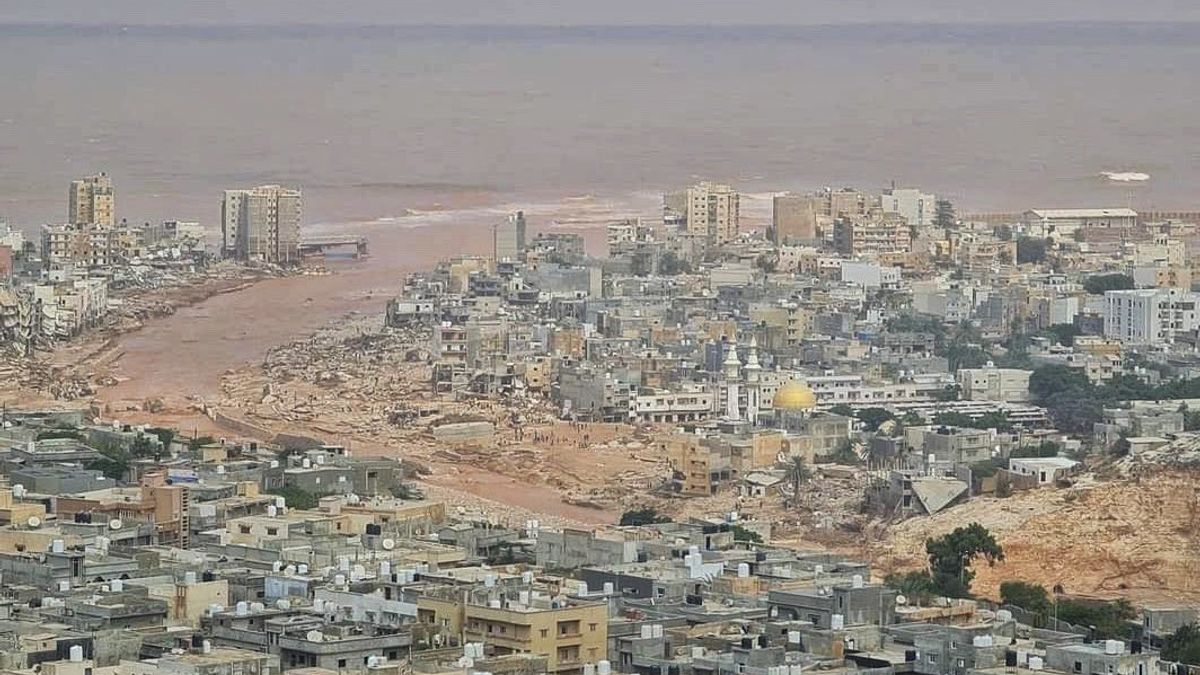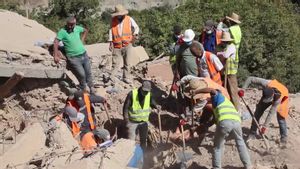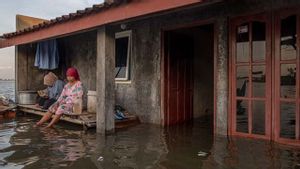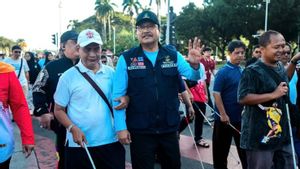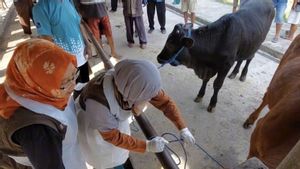JAKARTA - Rescue teams continue to race against time on Friday to search for thousands of people who are still missing, as a result of flooding that swept through Derna City on the Libyan coast this week, UN officials highlighted if the early warning system could work.
More than 11,000 people were killed, Libya's Red Crescent said, and another 10,100 were reported missing in the Mediterranean city, as reported by The National News Sept. 15.
Health authorities previously mentioned the death toll in Derna as many as 5,500 people. The destruction caused by Hurricane Daniel also killed about 170 people elsewhere in the country.
The enormous rainfall caused two dams in the upstream part to collapse on Sunday night, releasing the walls of water that swept the entire neighborhood of Denna into the Mediterranean Sea.
A UN official said on Thursday most of the victims could actually be avoided.
"If meteorological services operate normally, they could issue a warning," the UN Meteorological Organization (WMO) Head Petteri Taalas told reporters in Geneva.
"Emergency management authorities will be able to evacuate," he continued.
WMO said this week, the National Meteorological Center issued a 72-hour warning before the flood, notifying all government authorities via email and media.
About 300,000 children are expected to be affected by the devastating storm, and more families are in dire need of humanitarian assistance, UNICEF officials said.
"Brianish children are again facing tragedy after more than a decade of conflict," said UNICEF Representative in Libya Michele Servadei, who is visiting flood-affected areas.
"Our priority is to increase life-saving assistance, in particular by providing health, water and sanitation supplies, psychosocial support, family tracing and preventing transmitted diseases through water," he explained.
VOIR éGALEMENT:
"To prevent disasters, we must not lose time. We know from the disasters that have occurred around the world that the impact of flooding is often more deadly for children than the impact of extreme weather itself," he continued.
"Children are the most vulnerable and high-risk group exposed to disease outbreaks, safe lack of drinking water, malnutrition, learning disorders and violence," Servadei said.
The English, Chinese, Japanese, Arabic, and French versions are automatically generated by the AI. So there may still be inaccuracies in translating, please always see Indonesian as our main language. (system supported by DigitalSiber.id)
